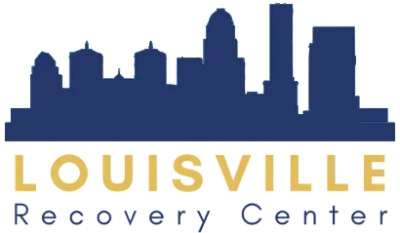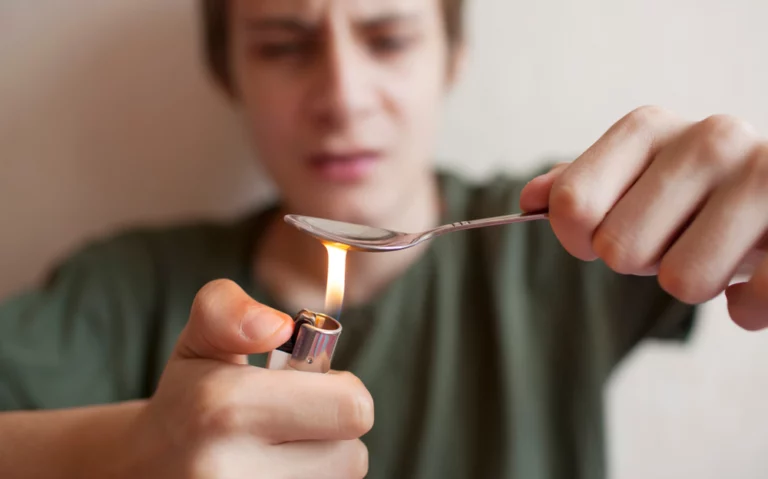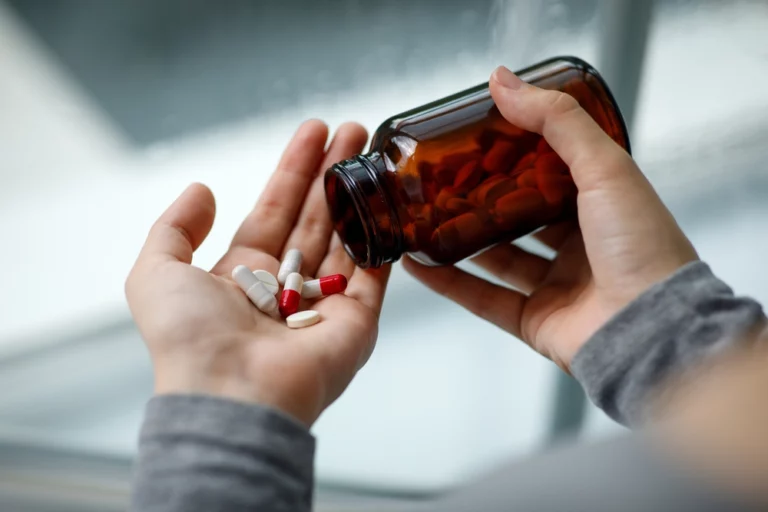How Long Is Rehab For Alcohol & Drug Abuse?
The best rehab program doesn’t just treat addiction. It treats the individual. How long an alcohol or drug rehab program lasts depends on an individual’s unique needs. Here, we understand how long different types of rehabs last and what exactly happens during treatment.
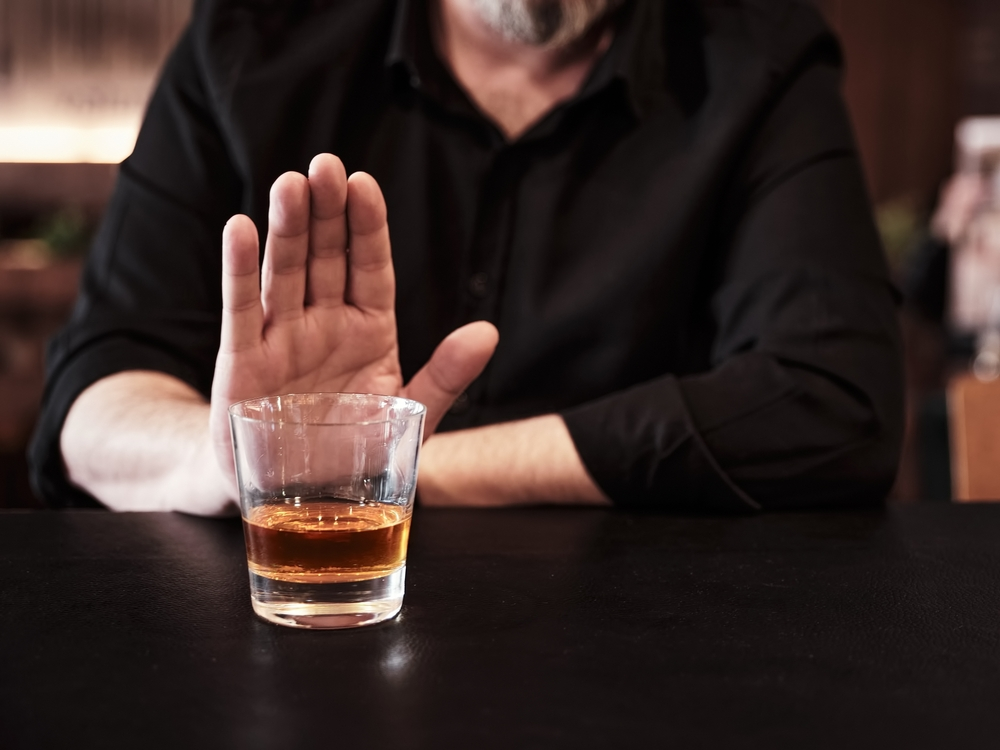
How Long is Rehab for Alcohol Abuse?
Generally speaking, rehab for alcohol use disorder (AUD) can last between 30 days to six months. In addition, a follow-up outpatient program can extend the total recovery length to a year or more. The first phase of rehab involves residential treatment at a recovery center. In some cases, people can choose to move on to a sober living facility until they conquer their addiction.
Every person experiences a unique journey toward recovery. How long it takes to achieve sobriety depends on factors such as the length of a person’s alcohol addiction, how frequently and how much alcohol they consume, their physical condition, the type of mental health issues they may face, and more. The right treatment program accounts for every aspect of a person’s life to help them find a solid path toward recovery.
Length of Inpatient Alcohol Rehab
The length of residential stay for a person coping with alcohol addiction is thirty days. In most cases, this period only marks the initial length of stay. In other words, how a person responds to their treatment within this first month determines the length of their rehab.
From there on, they can continue treatment with the facility without living there. Addressing the main aspects of AUD takes anywhere between 1-3 months. The first 30 days allow a person to go through a detox program. This is when the person recovers from their withdrawal symptoms – unless their health demands a longer residential treatment.
Read more: Non-12-Step Drug & Alcohol Rehab In Louisville, Kentucky
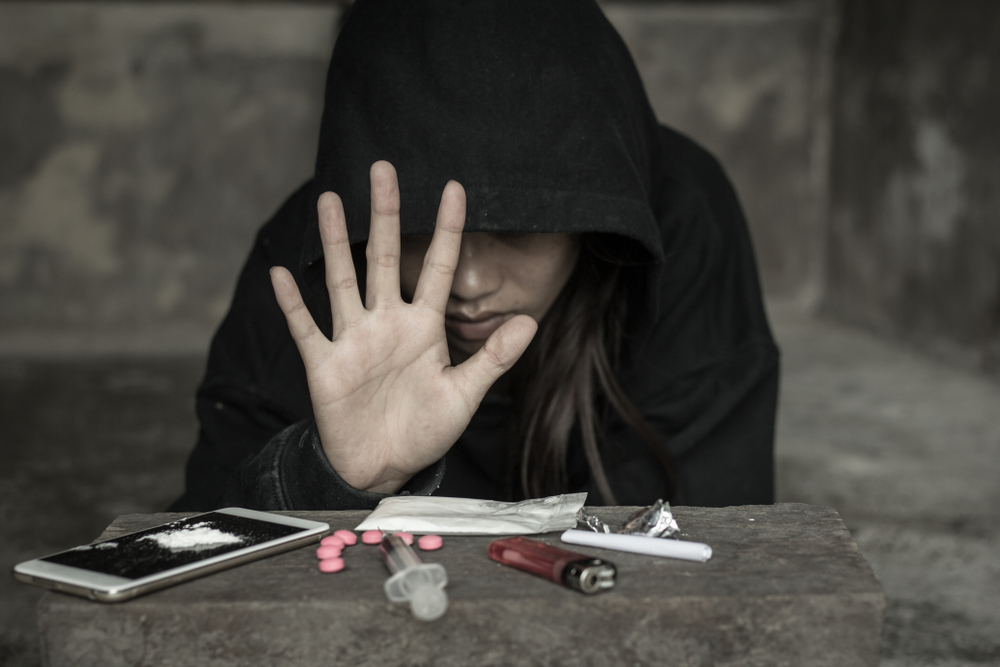
How Long is Rehab for Drug Abuse?
Compared to alcohol, drugs take longer to exit the body. The effects of drug abuse on brain chemistry also take longer to dissipate. Drug rehab typically lasts between six months to a year. The duration depends on factors like the severity of addiction, the types of substances used, the length of drug use, a person’s physical and mental health conditions, and more.
As with alcohol rehab, the first phase of drug rehab involves residential treatment where a person is fully detoxed, regains a satisfactory level of mental balance, and sees an improvement in their physical health. The length of stay recommended by your treatment facility may be prolonged if you and your treatment providers agree on its necessity.
Length of Inpatient Drug Rehab
When it comes to inpatient rehab for treating drug abuse, most recovery centers recommend a minimum stay of 60 days. Treating drug addiction is complex, and there’s no miracle short-cut route. According to the National Institute of Drug Abuse (NIDA), “remaining in treatment for an adequate period of time is critical.” NIIDA further opinionates, “Research indicates that most addicted individuals need at least three months in treatment to significantly reduce or stop their drug use, and the best outcomes occur with longer durations of treatment.”
Long-term sobriety often depends on a strong foundation of initial recovery. A rehab stay helps individuals experience a foolproof phase of abstinence. It also gives them the skills needed to maintain sobriety once they exit the rehab center.

What Does A Drug Rehab Journey Look Like?
While there are three different lengths of rehab programs – 30 days, 60 days, and 90 days – most experts recommend a 90-day rehabilitation program to help you absorb everything you learn and maintain lasting sobriety.
Long-term rehabilitation arms you with the necessary skills to handle residual cravings, get your mental and physical health on track, and gather the psychological skills to reconstruct your life from scratch. Here’s what happens during our drug rehab:
- Detoxification. This phase helps your body get rid of all the drugs you’re addicted to. While this process may seem challenging, it is critical to help you start your overall recovery.
- Therapy. During therapy, you’ll understand your addiction deeply and learn how to manage cravings, triggers, and relapses.
- Support groups. Here, you socialize with like-minded individuals who have taken a similar journey. A support group becomes your source of motivation and support and helps you stay on track with your recovery.
- Lifestyle changes. Rehabilitation helps you in making the necessary lifestyle changes to sustain long-term recovery. These include avoiding triggers, changing your diet, and exercising regularly.
Rehab is a challenging but essential journey. Understanding how it unfolds can help you prepare for the challenges ahead. It is more than possible to erase your addiction and live a happy, healthy, and fulfilling life.

Why Long-Term Rehabilitation is a Gift
Aside from achieving lasting sobriety, long-term rehabilitation offers several benefits:
- Round-the-clock care
- Journeys beyond just the detox phase
- Arms you with the ability to maintain lasting sobriety and develop better life skills
- It helps your brain recover from trauma
- It helps you work on your mental and physical health issues
- It helps repair broken relationships
Read more: The Importance Of Addressing Co-Occurring Disorders In Addiction
Let Louisville Recovery Center Put You on the Path to Recovery
Different individuals require different drug rehab timelines to achieve lasting sobriety. When recovering from drug abuse, you must give it the time it needs. With the right support and treatment, the sky is the limit!
At Louisville Recovery Center, we determine your exact needs to create a tailor-made plan that suits your specific needs. Once you complete your program with us, you will emerge stronger and healthier than ever. Take the first step towards healing. Pick up that phone and reach out to us now!
